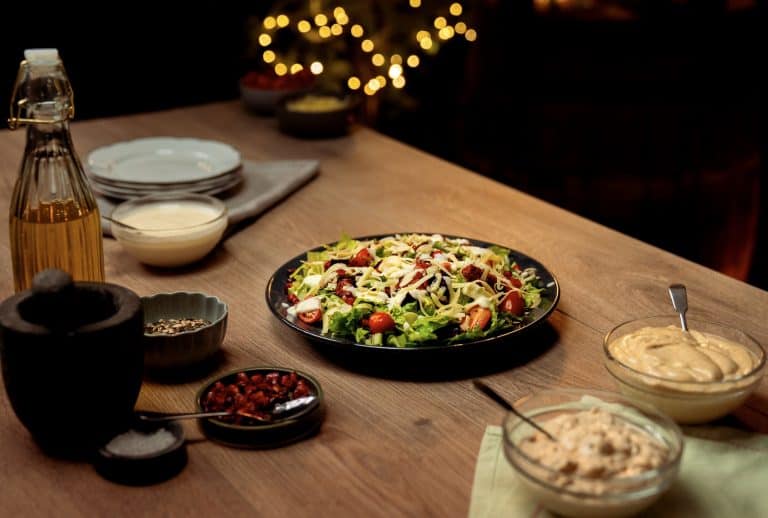
Power Salad Dressings 3 Ways
Kick off the new year with these delicious salad dressing recipes

Kick off the new year with these delicious salad dressing recipes
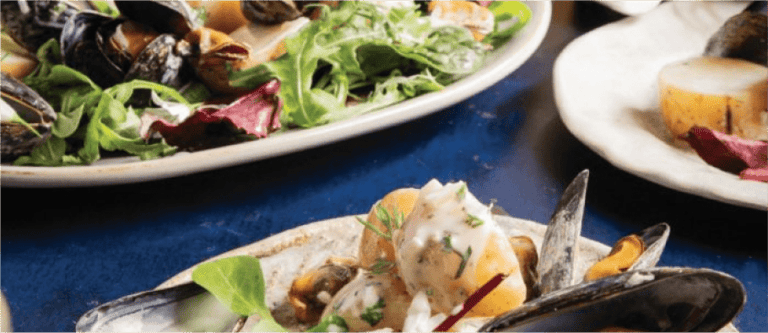
Lorem ipsum dolor sit amet, consectetur adipiscing elit. Cras porta lorem cras justo, sed justo, ut eu. Arcu.
Check out OUR Latest FAVOURITE Recipe
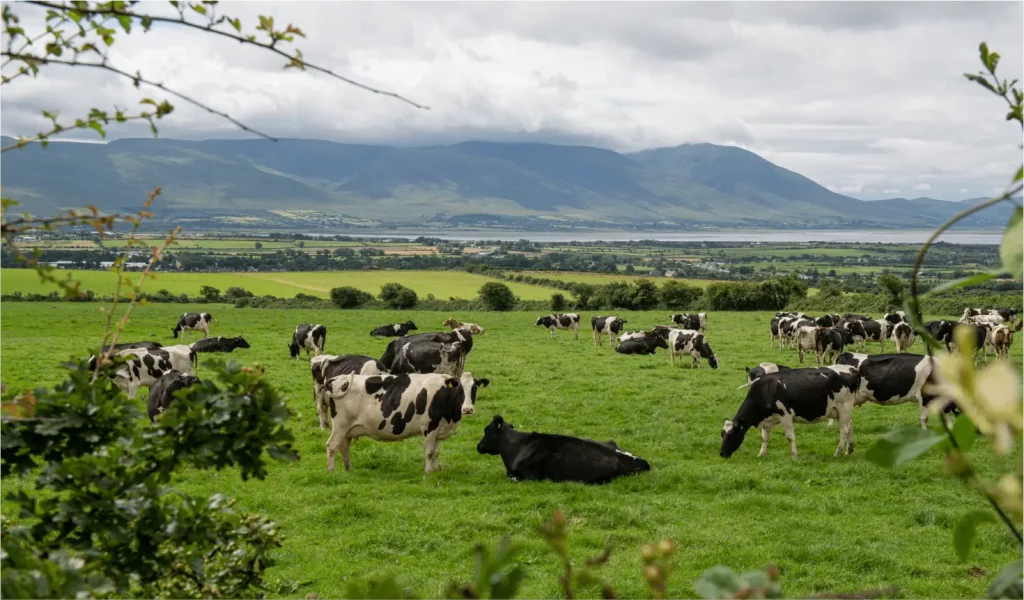
It’s because Ireland, in its climate and in its landscape, has natural advantages that make it one of the best places in the world for producing high quality dairy products.
The climate is temperate with plenty of rainfall, ideal for growing grass to feed the cows.
65% of Ireland is pasture, and the cows graze between 240 and 300 days of the year.
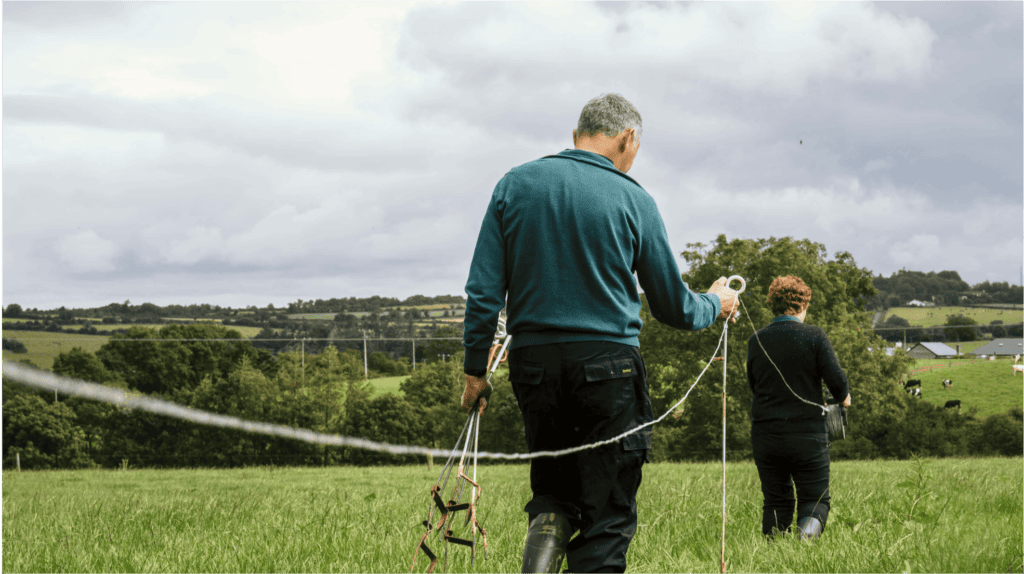
It’s Ireland’s heritage.
17,500 family dairy farms in Ireland, 60,000 Irish jobs and exports to more than 130 countries worldwide and more that €6bn for the Irish economy each year.
What about the environment and the contribution that agriculture makes to global emissions? Well, our dairy producers have been told to reduce their emissions by 25% by 2030 and that’s something they are completely committed to achieving.
Irish dairy farmers and Irish agricultural scientists are already taking action on the climate challenge. Up and down the country they’re doing things differently, thinking about their impact, embracing new ways of operating and developing world-leading technologies and farming practices.
Incorporating clover and other plants into our pastures reduces the amount of chemical fertiliser that’s needed lowering emissions, reducing run-off into our waterways and saving money for the farmer.
Irish breeding strategies allow our farmers to improve the genetic make-up of their cattle, potentially creating a low-emission cow. Research into feed supplements will also affect cows’ emissions the big question is how a grass-fed cow can be fed the supplements.
Demand for high-quality, nutritious dairy products is increasing and shows no slowing down.
We rely on dairy for the vitamins and minerals needed for a healthy body. In Ireland, the government recommends three servings of milk, cheese or yoghurt daily.
If Irish dairy is curtailed by reducing the herd, or by limiting production then not only will Ireland and the Irish suffer the social and economic consequences, but GHG emissions will increase globally as dairy production is increased somewhere else.
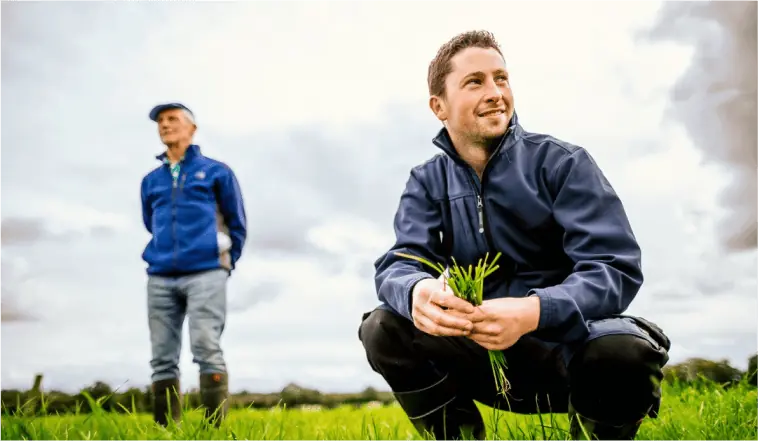
The National Dairy Council Farmer Ambassador Programme brings together a team of Ireland's dairy producers and industry...
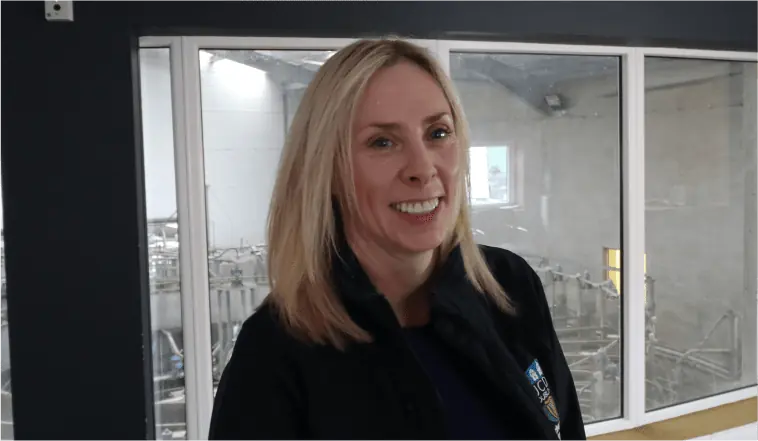
The NDC has spoken with leading dairy scientists and researchers to find out what's next in Irish dairy enviro-sustainability.